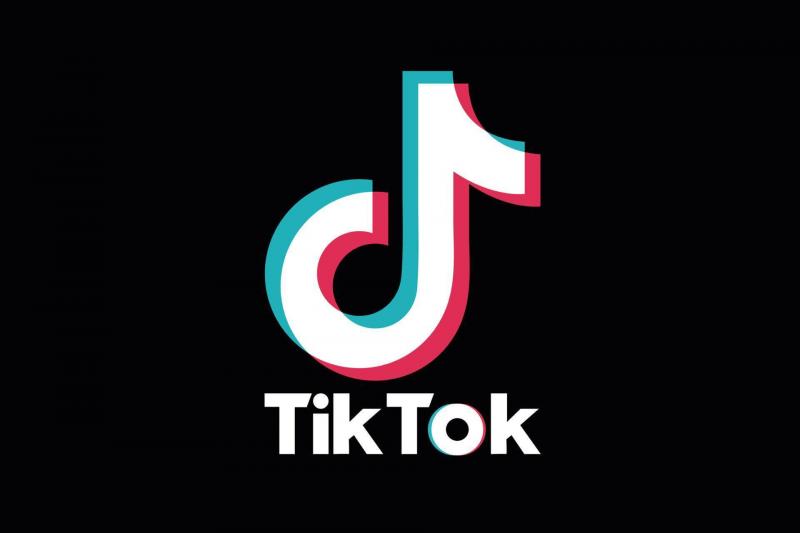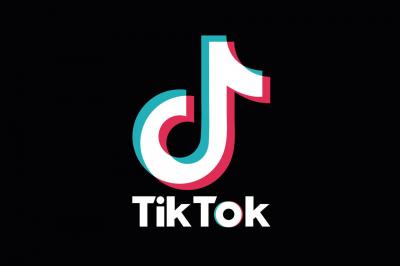The death of Moroccan TikToker "Malak," who gained fame for posting dance videos on TikTok, in the home of a former parliament member in Beni Mellal days ago, has ignited a storm of debate in the country. This came especially after experts, specialists, and rights advocates warned of the dangers of the platform and its influence on teenagers, both girls and boys.
In this context, Ahmed Dafiri, a communication and media professor, noted in an interview with "Al Arabiya.net" that appearing in front of the camera, dancing or singing, and presenting an attractive appearance through makeup or filters has become widespread among some youth seeking self-expression and to assert their existence in a society where some individuals look for the quickest routes to achieve wealth and a luxurious life, as well as to meet living standards where luxuries have become basic needs.
He also pointed out that "live chatting on TikTok, which involves entering into wagers and competitions among groups in challenges that require followers' financial support, may sometimes imply that those engaged in these TikTok activities are willing to engage in low acts, potentially creating an environment that fosters forms of corruption and deviant behavior, which could lead to committing crimes," as per his statement. He added, "A person who aims to provoke the instincts of their TikTok followers through sexually suggestive movements to increase views and gain likes contributes to creating a corrupt model of social behavior that could influence teenagers and youth."
Furthermore, the media professor warned that "the competition among users of this platform or other social media may sometimes fuel hostility among them to the point of leading to vengeance and actions punishable by law, as seen between Moroccan activists in the past."
Regarding TikTok risks, Dr. Youssef Mazouz, Secretary General of the African Center for Information Protection and President of the Advisory Committee for Ethical and Fair Use of Artificial Intelligence in Africa, explained that using TikTok, like any other social media platform, carries certain risks that can sometimes have tragic consequences, such as the case of the girl found dead in Beni Mellal, which highlights some of these dangers. He added, "The incident involving the Moroccan TikToker underscores the importance of caution and vigilance when using social media platforms."
He emphasized the need to raise awareness among users, particularly the youth, about potential risks and provide them with the necessary tools to protect themselves online. He further noted that content creators on social media, especially TikTok, might be driven by the desire for increased views to publish content that may violate rules, particularly girls who use TikTok to showcase their bodies or share sexually explicit content, making them vulnerable to significant risks related to image and safety. He also pointed out that "some sexually explicit content may attract individuals who seek to exploit or harass young girls."
Cyberbullying is also a significant concern. Mazouz mentioned that the phenomenon of cyberbullying and sexual harassment continues to intensify in the digital world, where girls sharing explicit content may become targets for harassment or ridicule. He warned about the loss of control over images on social media, where, once a picture or video is shared, it can be downloaded, copied, and shared without the owner's consent, potentially leading to uncontrolled dissemination of private content online.
Moreover, he highlighted the professional and personal repercussions of sharing explicit photos or videos, which can have long-term consequences affecting professional opportunities and personal relationships, as well as the pressure from social expectations to maintain a certain image or meet follower expectations, which can have negative effects on mental health and self-esteem. He explained, "Individuals can exploit explicit content for extortion, threatening to publicly share it unless the victim complies with their demands." He stressed the importance of educating young girls about potential risks and providing them with strategies to protect their online images, alongside discussions on privacy management and using appropriate security settings on social media, and understanding the long-term implications of sharing explicit content.
In this context, Bushra Abdo, President of the Challenge Association for Equality and Citizenship, called on TikTok management to intensify monitoring of certain pages and delete those particularly run by minors and children who are not capable of selecting appropriate content, to protect them and maintain their privacy. She raised alarms about the threats that this platform poses, which facilitates direct meetings and access to data, especially for girls who post provocative videos to achieve views and interactions, potentially jeopardizing their lives, as happened with the deceased TikToker "Khadija," known as "Malak" in Beni Mellal.
Abdo continued that some behaviors on TikTok can be classified as cyberviolence, particularly after content creators experience bullying and ridicule, adding that this relationship between TikTok and young girls, in particular, can lead to their fame while simultaneously creating problems due to the ease of communication with them.
Dr. Leila Almorani, a cognitive-behavioral therapy specialist, expressed that TikTok content is not suitable for children and teens, who may encounter violent content and be exposed to bullying and sometimes sexual violence, potentially leading to trauma. She explained in her conversation with "Al Arabiya.net" that continuous consumption of this type of content by teenagers may lead to normalization, resulting in abnormal behaviors, as they lack the selective capacity to determine what is appropriate. She cautioned that children's and teenagers' attachment to the virtual world they enter through TikTok leads to various issues, including insomnia, sleep deprivation, and even academic abandonment. It may sometimes create a disconnect from real communication and rejection of the real external world, especially after they engage in challenges and undertake actions that can have serious implications for their mental and physical health and could affect their future lives and reputations.
She concluded by urging families to monitor, follow up, and scrutinize the content their children consume while ensuring their personal data privacy.




